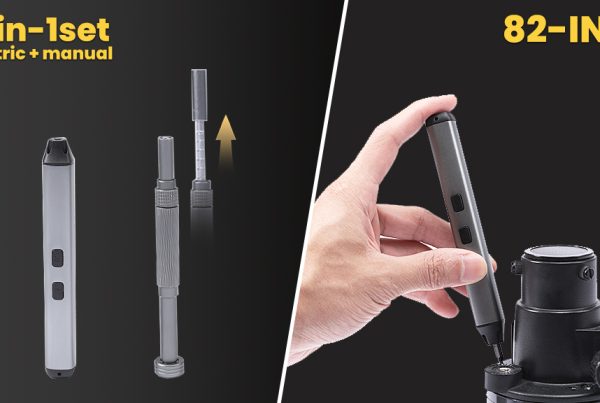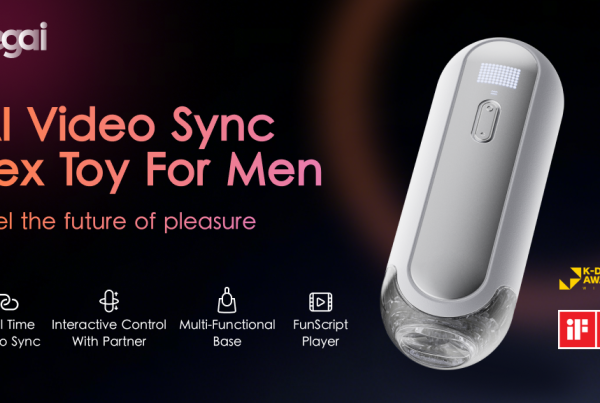Why should we back?
Intro
Welcome to KickstartNew. Today, I’m featuring a clever innovation in the hydration / everyday carry space: Elio: The water bottle that disappears in your pocket, from Elio Everyday (Max Gunawan). This bottle promises to hold 750 ml of liquid when in use, and when empty, collapse (“twist flat”) to a 3 cm hard disc-like form factor, making it ultra-portable and easy to carry.

Why should I back this project?
-
Space-saving & portability
The standout feature is that once empty, Elio can twist / collapse flat to ~3 cm in thickness (hard disc) so it takes minimal space in your bag or pocket.
For commuters, travelers, hikers, or people tired of bulky bottles, that compactness is compelling. -
Generous 750 ml capacity when expanded
Even though it collapses, when extended it holds a full 750 ml, which is a useful everyday volume for hydration. -
Durability, leakproof and plastic-free claims
The campaign and supporting pages assert it’s lightweight yet durable, leakproof, and plastic-free materials.
A robust construction would make it viable for daily use rather than just a novelty. -
Eco / sustainability appeal
Because it’s reusable and designed to replace single-use bottles, it plays into the trend of reducing plastic waste. The plastic-free claim further strengthens that appeal. -
Strong funding traction
The Kickstarter campaign has already exceeded its modest goal by a healthy margin. On BackerKit, Elio is listed as ~487% of goal with growing support.
That suggests real demand and community interest, which is a positive indicator. -
Stylish / design appeal & brand positioning
The “clever object” branding, mix-and-match colors, and sleek design ambition position it not just as a functional object but a lifestyle accessory.

What are the potential drawbacks you should consider when you back it?
-
Prototype vs final product gap
What you see in renderings or early prototypes may not perfectly match the delivered item. Tolerances, materials, sealing, collapsible mechanisms can diverge. -
Structural durability & fatigue
Because it must flex, twist, collapse repeatedly, the hinge / fold materials and seals may degrade over time. Plastic-free materials sound promising, but durability under repeated cycles is a key question. -
Leakproof reliability
For a collapsible bottle, the sealing at folds, joints, or twist interfaces is critical. It’s one thing to work in controlled demo, but real-world use (in bags, sideways, with pressure changes) is harsher. -
Cleaning & hygiene concerns
Collapsible bottles sometimes have crevices, folds, or interior surfaces that are hard to reach. If residue or mold becomes an issue, that may reduce usability. -
Thermal / insulation limitations
The design is unlikely to offer insulation for hot or cold drinks. If you want a bottle that keeps beverages hot/cold, this may not replace insulated bottles. -
Delivery and fulfillment risks
As with many Kickstarter campaigns, supply chain, manufacturing scale, quality control, shipping logistics, or customs may cause delays or compromises. -
Cost-versus-value
If the pledging price (with stretch goals, shipping, etc.) becomes high, you must ask whether this novel compactness justifies paying more than standard reusable bottles that are dependable. -
Long-term parts / replacement support
Post-delivery, the viability of spare parts, replacement seals, etc. will affect whether this becomes a lasting tool or a short-life gadget.

The reliability of the project
-
Funding traction
The campaign has already well surpassed its target (~487%) on BackerKit, which gives the team more buffer and implies strong interest. -
Modest funding goal
The original goal was relatively modest (USD $10,000) in the campaign.
This lower threshold might reduce complexity and risk, but also indicates less initial capital cushion. -
Transparency & public information
The campaign page provides specs, features, and visuals. The Elio Everyday site presents the product concept and design positioning.
That degree of public-facing clarity helps backers assess features and claims. -
Community / comments / updates
Because the campaign is ongoing, community questions and creator responses (in comments, updates) will be a key indicator. (While I don’t see critical red flags at present, ongoing responsiveness will be crucial.) -
External validation / media coverage
At present, I did not find major independent reviews or stress tests of Elio. That means much of the promised performance hinges on trusting the creators and prototype claims. -
Scope & complexity of design
The mechanism is not trivial: collapse / twist, sealing, durable materials. The more moving parts and precision needed, the more room for error.




